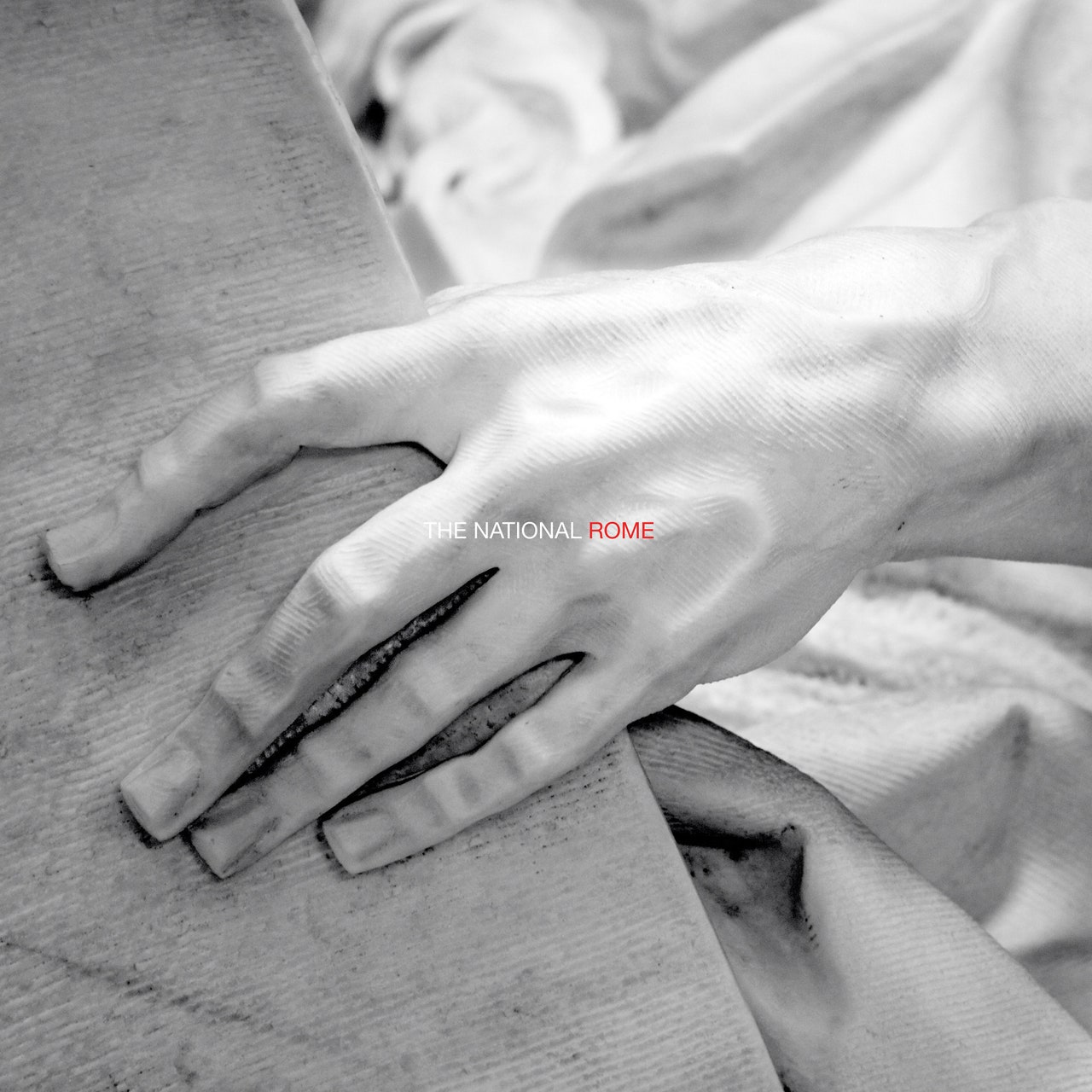Every live release by the National comes with some self-sabotage. First they recorded the High Violet track “Sorrow” for six hours; then a straightforward but uninspired full-album rendition of Boxer; then a deliberately low-quality cassette release inspired by bootlegger Mike Millard. They’ve somehow gone a quarter-century without releasing a regular, gimmick-free live album, which makes a certain sense: The National took so long to hit their peak that they’re simultaneously in the prime of their popularity and their play-the-hits late period. While their early-aughts New York City contemporaries were, as Matt Berninger put it in the 33 ⅓ on Boxer, “doing some wild, clinging-to-adolescence vibe,” the National kept their heads down and toured relentlessly. “Can someone tell me how the National suddenly became the biggest band in the world?” an incredulous Brooklyn Vegan blogger asked when they sold out a five-night run ahead of Boxer’s release—because they’d never acted like it.
Instead, underdog status became a part of the band’s identity, particularly an infamous Alligator tour where the National played to half-empty rooms after the buzzier opening act, Clap Your Hands Say Yeah, left the stage. Their 2010s popularity coincided with an increased appetite for depression and dissociation in popular music; the artier and tenser the records got, the more people found them, until Aaron Dessner somehow became a successful pop producer. Live, all that tension is finally released: the five-piece, accompanied by Ben Lanz and Kyle Resnick on horns and auxiliary instruments, amp up every single song so that there’s always a climax around the corner. Berninger screams lyrics he only muttered in the recording booth; Bryan Devendorf comes out from underneath the drum machines; the Dessners turn up the distortion until the National actually sound like a rock band. Somewhere between the stage and Long Pond, their music gets smoothed out, even though simmering intensity is part of the appeal.
That makes Rome both a victory lap and a concession: the National admitting how big they’ve truly become. Recorded in the Italian capital’s Cavea at Auditorium Parco della Musica Ennio Morricone this past June, it’s a sprawling 21-track live record, with a setlist for die-hards waiting on the rock album the band has teased for years. Piano ballads like “Pink Rabbits” and “Light Years” are set aside in favor of early, heavier tracks from Alligator and one from 2003’s Sad Songs for Dirty Lovers. Even the ballads (“Our other kind of song,” Berninger once put it) end in triumphant fanfares and drum fills. Rome is an accurate and engaging, if not always flattering, display of the band least likely to break out of 2000s indie.
